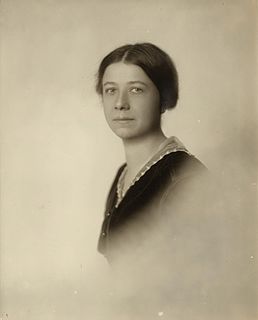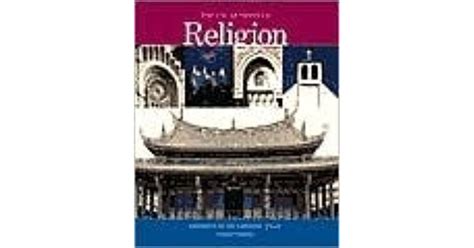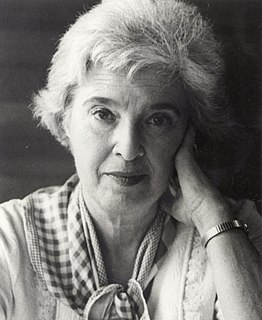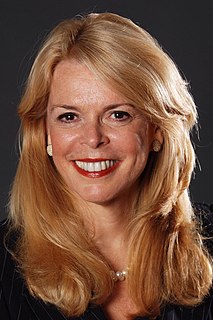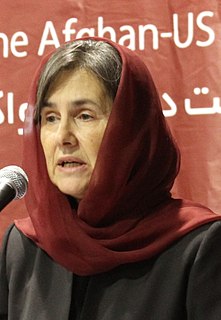A Quote by Mary Ritter Beard
Despite the modern dogma to the effect that women were a subject sex until the nineteenth century 'emancipated' them from history, women in history had demonstrated strong wills and purposes, had made assertions, and had directed or influenced all human destiny, including their own, since human life began.
Related Quotes
Theosophy occupies a central place in the history of new spiritual movements, for the writings of Blavatsky and some of her followers have had a great influence outside of her organization. … The importance of Theosophy in modern history should not be underestimated. Not only have the writings of Blavatsky and others inspired several generations of occultists, but the movement had a remarkable role in the restoration to the colonial peoples of nineteenth century Asia of their own spiritual heritage.
We had early on women having the right to vote, then women in the workforce during WWII, just going back in history, and then we had the higher education of women, and then women more fully participating in the economy and in business, the professions, education, you name the subject... but the missing link has always been: is there quality, affordable healthcare for all women, regardless of what their family situation might be?
Men develop ideas and systems of explanation by absorbing past knowledge and critiquing and superseding it. Women, ignorant of their own history [do] not know what women before them had thought and taught. So generation after generation, they [struggle] for insights others had already had before them, [resulting in] the constant inventing of the wheel.
What had really caused the women's movement was the additional years of human life. At the turn of the century women's life expectancy was forty-six; now it was nearly eighty. Our groping sense that we couldn't live all those years in terms of motherhood alone was "the problem that had no name." Realizing that it was not some freakish personal fault but our common problem as women had enabled us to take the first steps to change our lives.
Hillary Clinton was urging voters to make history, but a lot of voters, particularly women, had trouble with her history. And she was portraying herself as a feminist, as a glass ceiling breaker, but, in fact, in the eyes of many women, especially women closer to Hillary Clinton's own age, she had gotten where she was primarily on her husband's coattails.
THE NINETEENTH CENTURY SPREAD OF CHRISTIANITY WAS DUE PRIMARILY TO A NEW BURST OF RELIGIOUS LIFE EMANATING FROM THE CHRISTIAN IMPULSE. . . . NEVER IN ANY CORRESPONDING LENGTH OF TIME HAD THE CHRISTIAN IMPULSE GIVEN RISE TO SO MANY NEW MOVEMENTS. NEVER HAD IT HAD QUITE SO GREAT AN EFFECT UPON WESTERN EUROPEAN PEOPLES. IT WAS FROM THIS ABOUNDING VIGOR THAT THERE ISSUED THE MISSIONARY ENTERPRISE WHICH DURING THE NINETEENTH CENTURY SO AUGMENTED THE NUMERICAL STRENGTH AND THE INFLUENCE OF CHRISTIANITY.
There were times when it appeared to Dorian Gray that the whole of history was merely the record of his own life, not as he had lived it in act and circumstand, but as his imagination had created it for him, as it had been in his brain and in his passions. He felt that he had known them all, those strange terrible figures that had passed across the stage of the world and made sin so marvellous, and evil so full of subtlety. It seemed to him that in some mysterious way their lives had been his own.
In 5,000 years of recorded human history... neither in the east or in the west... has any society ever defined marriage as anything other than between men and women. Not one in 5000 years of recorded human history.
That's an astounding fact and it isn't until the last 12 years or so that we have seen for the first time in recorded human history marriage defined as anything other than between men and between women.
